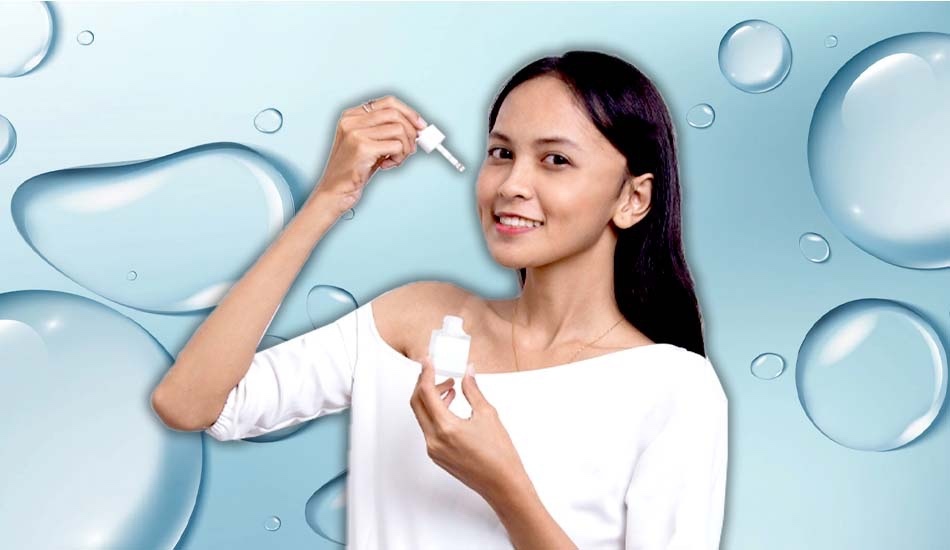Is Hyaluronic Acid Drying Your Skin? 4 Alternative Skincare Ingredients You Can Try
Dewy or Dry? So Frustrating!
Oh, hyaluronic acid. It’s one of those buzzwords that gets thrown around a lot in the skincare world. And for good reason. When used correctly, it can be a powerful tool in keeping your skin looking plump, hydrated, and youthful. But here’s the thing: if you’re not careful, it can actually make your skin drier. Yes, you read that right. So, let’s dive into the nitty-gritty of why hyaluronic acid may not be good for you if not used correctly and explore some alternatives.
First, let’s talk about how hyaluronic acid works. Hyaluronic acid is the magical ingredient that promises to plump up your skin and leave you looking dewy and fresh. But as much as it’s praised in the beauty industry, it’s not always the perfect solution for everyone. Here’s a twist on the typical explanation of what hyaluronic acid does – while it is indeed a humectant that can draw moisture from the air and into your skin, it’s not always that simple.
Also Read: Struggling With Skin Problems? These 8 Tips Can Help Repair Damaged Skin Barrier
Think of it like a sponge. When there’s plenty of moisture in the air, it can soak up that moisture and make your skin feel hydrated and plump. But what happens when the sponge is already full? It starts to wring out the excess water, leaving your skin feeling parched and dry. That’s essentially what can happen when you use hyaluronic acid incorrectly.
It’s important to understand that hyaluronic acid is not a standalone solution to all of your skincare woes. It works best in conjunction with other hydrating ingredients, and if you’re not careful, it can actually exacerbate dryness and dehydration in your skin. If you’re using hyaluronic acid in a dry environment or not pairing it with other hydrating ingredients, it can suck the moisture out of your skin instead of drawing it in. And for those with normal or oily skin, it can still be a great addition to a routine.
So, what can you do? Here are some alternatives to hyaluronic acid that you can use to keep your skin hydrated and healthy:
1. Glycerin
This is another humectant that’s often used in skincare products. It works similarly to hyaluronic acid by drawing moisture from the air into your skin, but it’s less likely to cause dryness if the air is dry.
2. Squalane-
This is a naturally occurring lipid that can be found in our skin. It’s a great moisturizer that’s known for its ability to lock in hydration and protect your skin’s barrier.
3. Ceramides
These are lipids that are naturally found in the outermost layer of our skin. They help to keep our skin hydrated and healthy by protecting the skin’s barrier and preventing moisture loss.
4- Aloe vera
This is a natural ingredient that’s been used for centuries to soothe and hydrate the skin. It’s great for those with sensitive or dry skin and can help to reduce redness and inflammation.
So, there you have it. While hyaluronic acid can be a great ingredient in your skincare routine, it’s important to be mindful of how you’re using it. If you live in a dry environment, or if you’re noticing that your skin is feeling more dry and dehydrated after using a product with hyaluronic acid, it might be time to switch things up and try one of the alternatives I’ve listed. Everyone’s skin is unique, so it’s important to find out what works best for you. Don’t be afraid to experiment and try different products and techniques. Your skin will reward you for it!
Searching For The Perfect Moisturiser? Here Are 4 Things To Consider For Optimal Skin Care

























